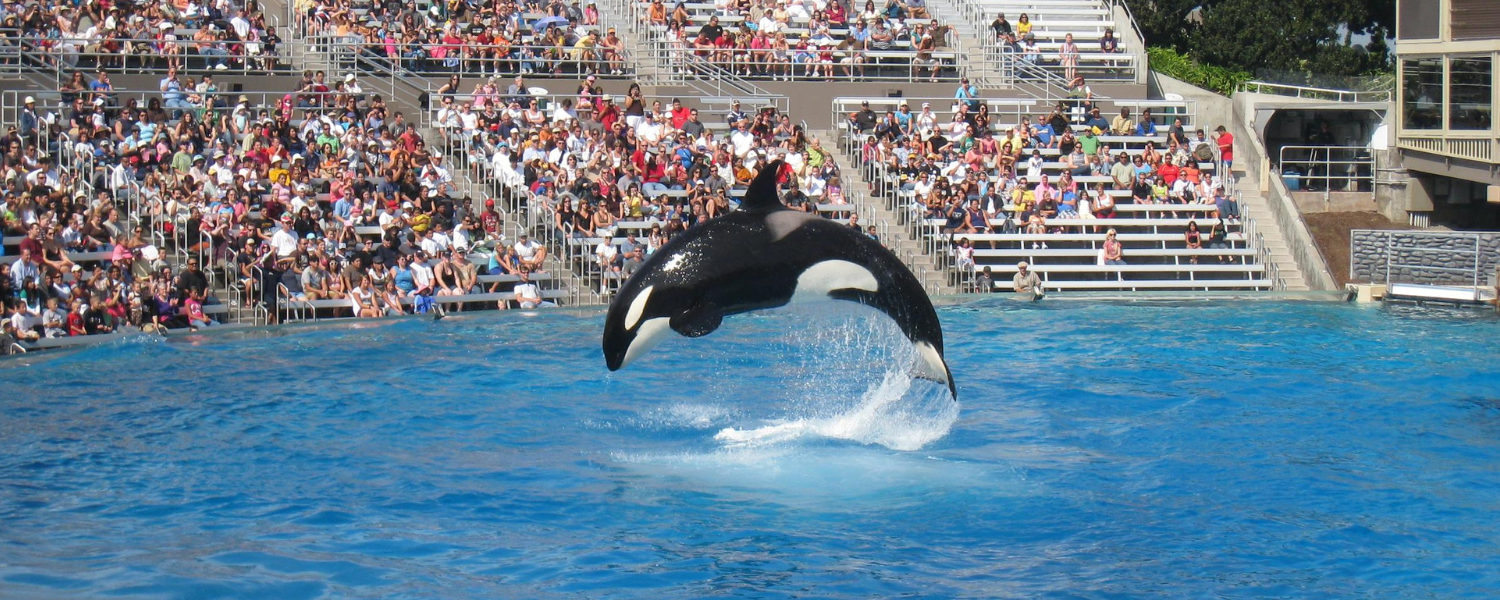Photos taken from Pexels
Lolita, who was a part of the Miami Seaquarium, passes before her promised release to the wild.
Lolita, a 50-year-old orca held in the Miami Seaquarium, passed away in August, despite the aquarium’s initial plan to return her to the ocean. In March, the company said her relocation would happen in 18 to 24 months. Her passing is another example of the ongoing criticism of whether show marine animals are being treated ethically.
In a Facebook post, Miami Seaquarium said Lolita had been showing “serious signs of discomfort” two days before she passed. However, a week prior, the company said Lolita was being monitored by veterinarians and that she had a good appetite. Despite the positive update, her health quickly declined. Orcas typically live up until 90 years old, and Lolita was 50.
According to World Animal Protection, captive animals are susceptible to health issues like extreme stress, neurotic behaviors and abnormal levels of aggression. Being confined in an unfamiliar environment and being around people negatively affects their physical, mental and emotional well-being.
“Wild cetaceans (whales and dolphins) travel 40-100 miles a day, achieve speeds of 30 miles per hour and dive hundreds of feet deep. Even in the largest facilities, they have less than 0.0001% (one millionth) of their natural habitat range.” World Animal Protection said.
Not only are the animals stressed out by living in incompatible groups, and they also endure swimming in chemical water when they are accustomed to the ocean. The animals grow bored by being confined in concrete tanks.
People for the Ethical Treatment of Animals said Lolita was not only kept in the smallest orca tank, but it was also illegal. The standard orca tank should be at least 12 feet deep and 48 feet in diameter.
In recent years there’s been a prominent pressure from activists advocating for a change from marine parks to stop withholding animals in captivity for the benefit of entertainment and profit. Popular aquariums like SeaWorld have been caught in controversy.
For instance, the release of “Blackfish” in 2013 was a documentary centered around a captive orca, Tilikum, and how he killed three people. The film shed light on the unethical treatment the orcas receive that greatly impacts how they react. Many boycotted aquariums after learning the truth about what goes on behind the scenes.
Not many are aware of the process of how orcas are taken from their families. Lolita was captured in the wild at 4-years-old and trained to perform at the Miami Seaquarium until she retired in 2022, dying a year later. A Marine Mammal Scientist at the Animal Welfare, Dr. Rose, expressed it best.
“Humans failed her,” Dr. Rose said.
This process all began in 1970 when Penn Cove Captures used boats, planes and explosives to round up the young orcas from their mothers. Since then, there have been various captures of orcas and other marine animals. It has a grave impact on the species as they are now endangered, and their environment is being invaded.
Lolita’s death is a prime example for why there needs to be a bigger conversation on getting marine animals into sanctuaries and not captivity. Many confuse the difference between zoos and sanctuaries.
Sanctuaries are beneficial by giving animals that can no longer return to the wild the mental stimulation and care they need. They care for the neglected, abused or abandoned. They provide an environment that’s spacious and lets them act as naturally as possible.
It’s not natural for these animals to be used as show pieces for human entertainment. Lolita deserved better. Animals in captivity deserve better. Humans need to do better. May her death be a moment of education in support of advocating the end of animal captivity.
Sources:
https://www.peta.org/blog/long-suffering-orca-lolita-has-died/
https://www.nytimes.com/2023/08/18/us/lolita-orca-whale-miami-seaquarium.html





